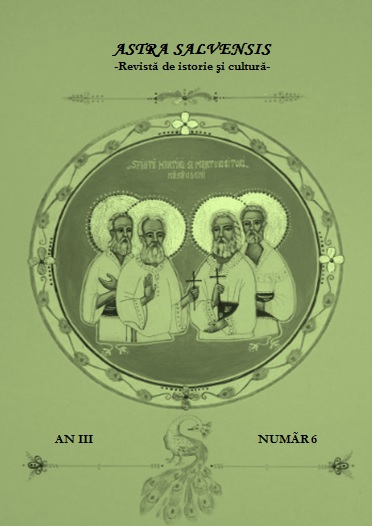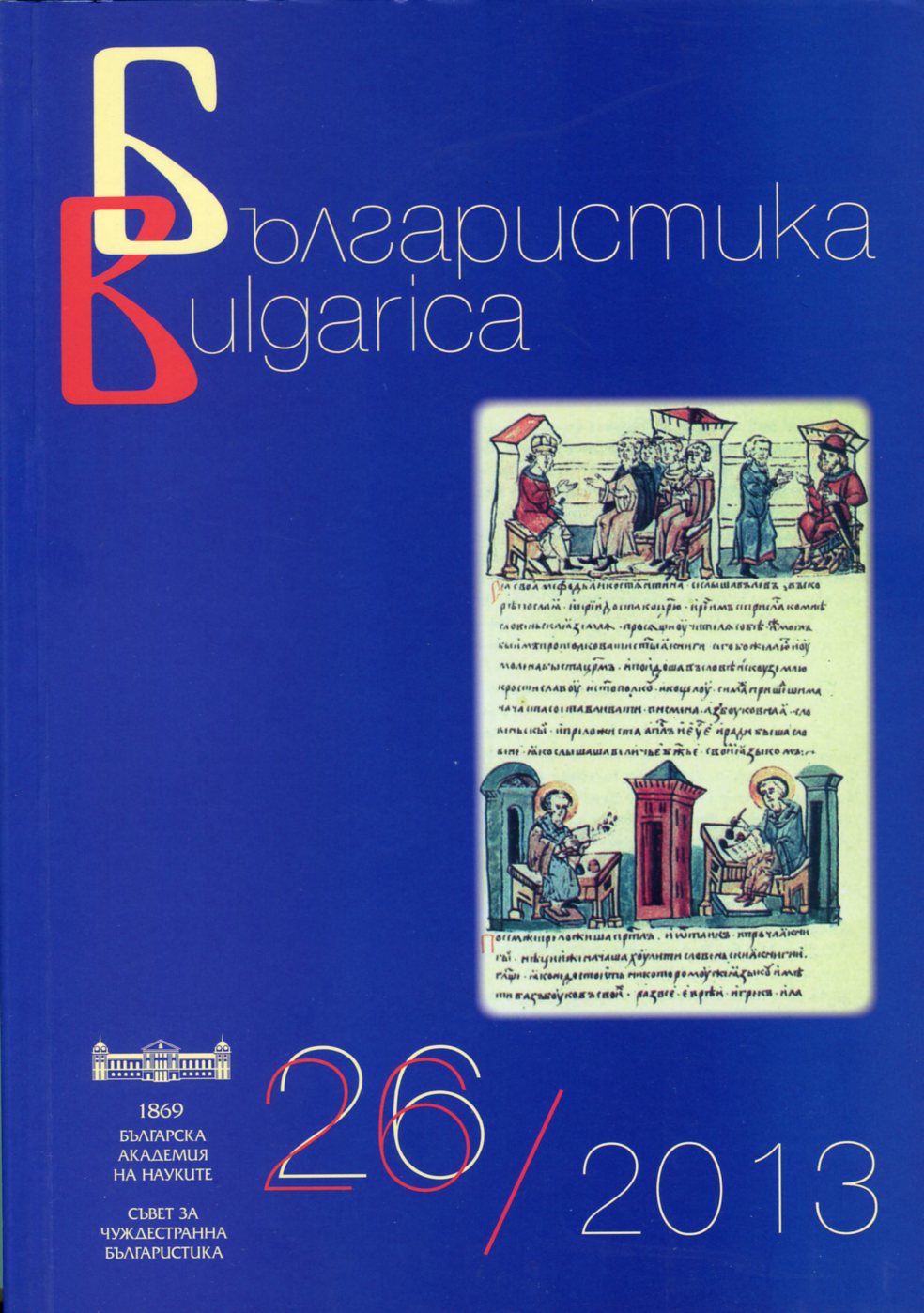Author(s): Mihai-Octavian Groza / Language(s): Romanian
Issue: 6/2015
The First World War, besides the chaos, the mess, the devastation and many other, also led to problems connected with to a refugees, the hospitalized people, prisoners of war, phenomenon that can only be understood through the differences between the different admission systems. Careful supervision, concentration, admission and civil deportation, that were thought by the decision makers as necessary in sustaining the war efforts, it became in the war years a usual practice. By far, the most illustrative case is the one of Austro-Hungarian monarchy where, even before the outburst, there were plans and regulations made in the exceptional, in the regions populated by diverse nationalities, authorities to be able to oversee, restrict, censorship their activity. Of course, in Transylvania, as a part of Hungaria, this policy was present, starting with 1907, when Antal Huszar, official in the political section of the govern in Budapest, published a book, specially for the govern members, under the name of Black Book, in which the author presents all „Daco-Romans”, priests and common people, that would be enrolled in the case of an war in the region. Starting from this, we will try in our paper to analyze from the point of view of cultural history, an incident almost unknown in the history of Transylvania (Transylvania, Banat, Crişana and Maramureş), that happened between 1916-1918. We are talking about the arrest, incarceration and deportation of the Romanian priests in west of Hungaria.
More...




